
Wish to push the right "buy" buttons in your consumer's hearts and minds? Consider the 7 triggers of fascination.

Wish to push the right "buy" buttons in your consumer's hearts and minds? Consider the 7 triggers of fascination.

Disgust may not be a straightforward extension of the immune system’s aversion to harmful substances, but rather “a psychological nebula, lacking definite boundaries, discrete internal structure, or a single center of gravity,” says psychologist Nina Strohminger.Photograph by Star Stock / Flickr Nautilus Members enjoy an ad-free experience. Log in or Join now . Nina Strohminger, […]

An anthropologist explores laughter as a far more complex phenomenon than simple delight—reflecting on its surprising power to disturb and disrupt.

Counting our blessings is an age-old piece of advice – but it turns out that writing lists of good things that happen to us actually does help improve our mood.

Treating anxiety, depression and other disorders may depend on the amygdala, a part of the brain that controls strong emotional reactions, especially fear. But a deep understanding of this structure has been lacking. Now scientists at the University of California, Davis have identified new clusters of cells with differing patterns of gene expression in the amygdala of humans and non-human primates. The work could lead to more targeted treatments for disorders such as anxiety that affect tens of millions of people.

Rather than being a cringey personal failing, awkwardness is a collective rupture – and a chance to rewrite the social script

After a while, even the most exciting relationships, jobs and environments lose their spark. But cognitive neuroscientist Tali Sharot says it's possible to fall back in love with life's small joys.

In describing how they remember their lines, actors are telling us an important truth about memory.

Researchers are discovering how music affects the brain, helping us to make sense of its real emotional and social power.

ChillsDB is the first database of validated audiovisual stimuli eliciting aesthetic chills (goosebumps, psychogenic shivers) in the US population.
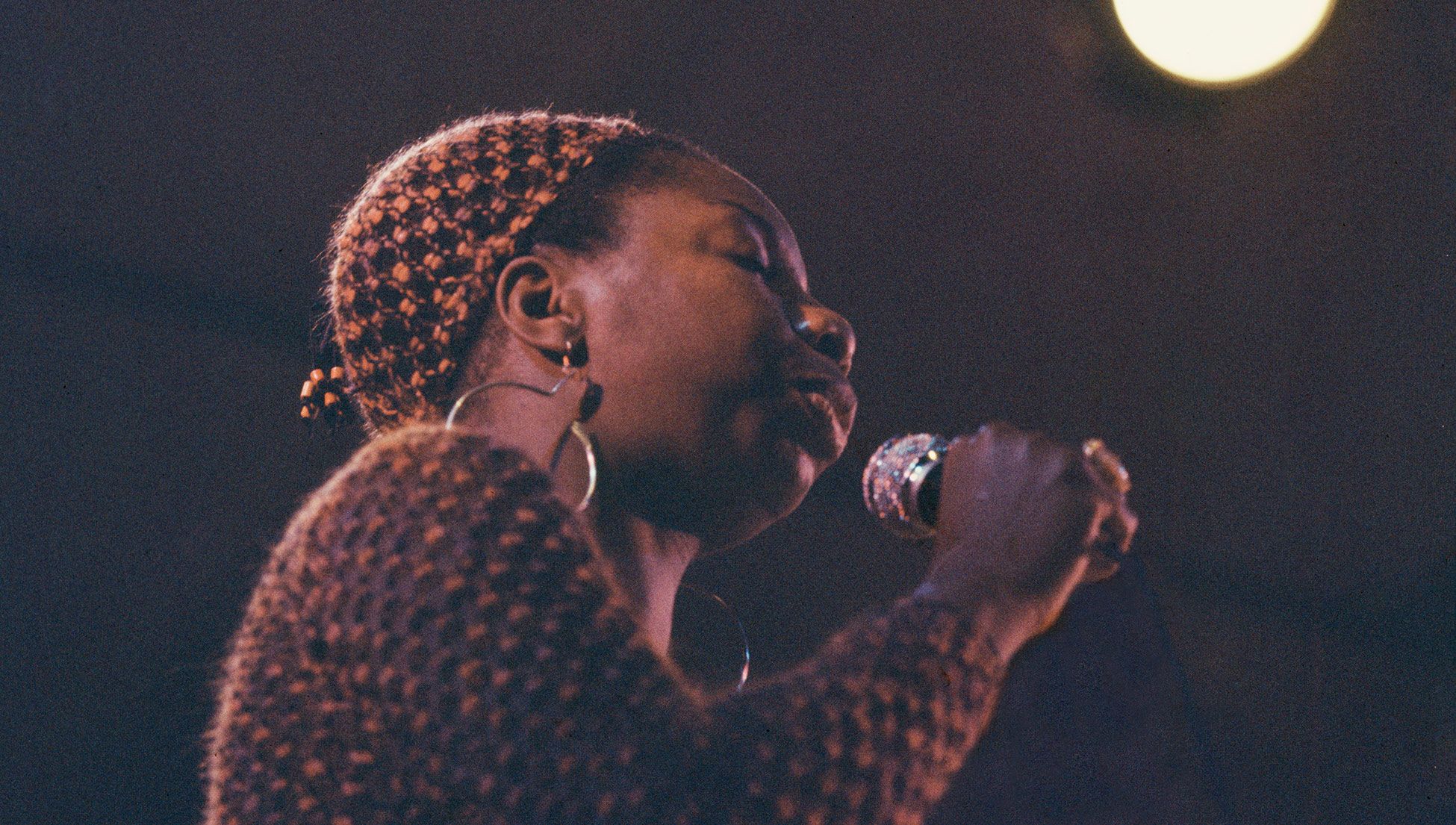
In new research, scientists have looked into the potential benefits of giving people with depression the aesthetic chills

In the US, smiling is a reflexive gesture of goodwill, but Russians view it as a sign of stupidity. Social psychology research could help explain this cultural contrast.

Our US editor-at-large dissects the emotional potency of heritage branding and how companies try (and sometimes fail) to capitalise on it.

Exploring the Legal Framework for Emotion in Emotion Recognition Tech

Mo Gawdat says it took him much longer to find happiness than it did for him to find success, so he hacked it for everyone else.

“Without unhappiness, you wouldn’t survive, learn, or come up with a good idea,” points out Harvard professor Arthur C Brooks.
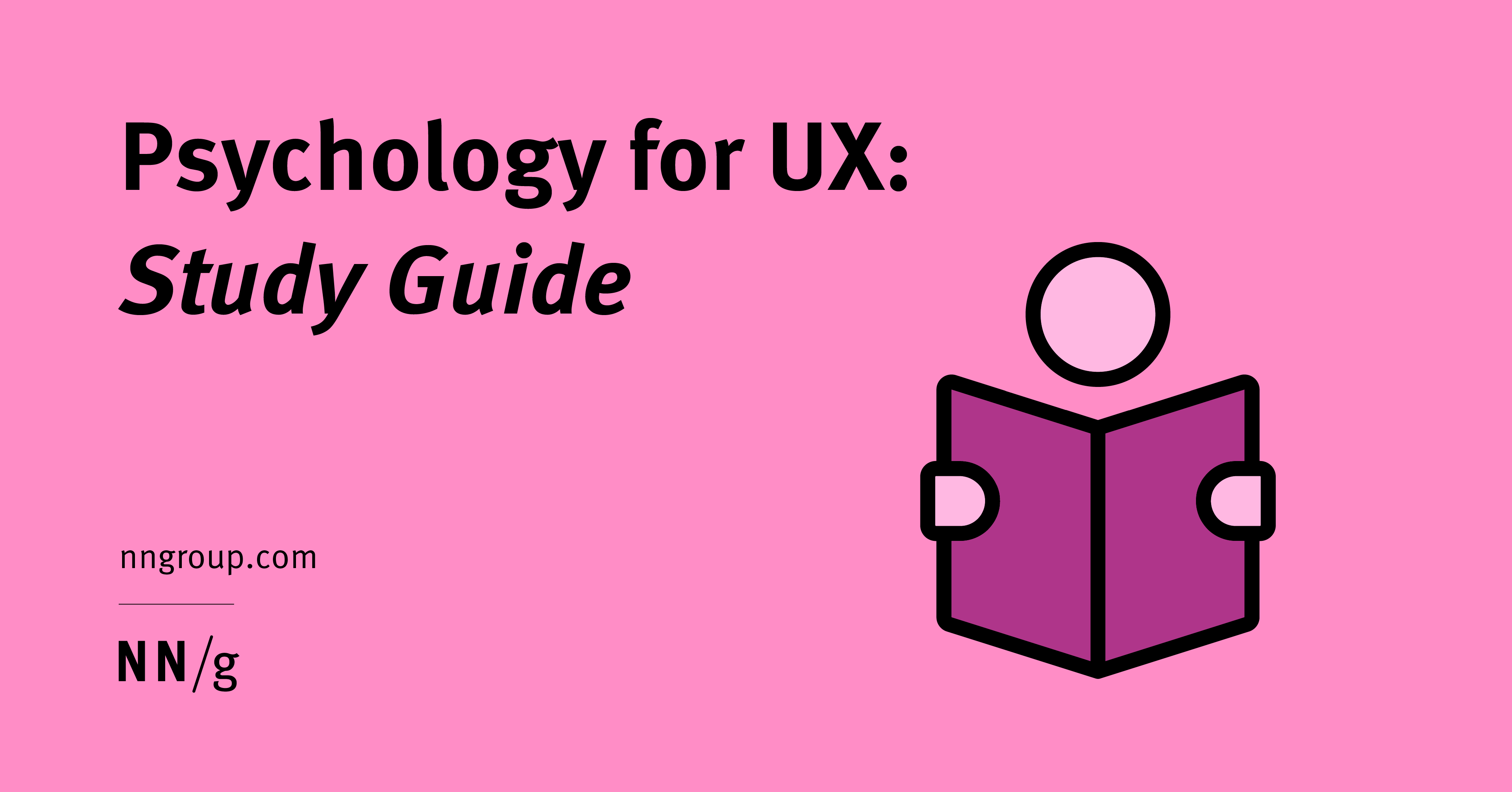
Unsure where to start? Use this collection of links to our articles and videos to learn about some principles of human psychology and how they relate to UX design.

Ever experience an emotion you can't quite explain? You're not alone. These 11 words may help you describe them.

There is a lot of social psychology out there providing information that can inform our everyday lives, and most people are completely unaware of the research. Richard Wiseman makes this point in his book, 59 Seconds - we actually have useful scientific information, and yet we also have a vast self-help industry giving advice that

They made this digital faux-Montana delightful enough that I don’t want to leave. But hey, you can use these powers for good.Anyway, my point is that people want payoff for the effort they put into things, and that includes the websites they browse. But you can build emotional rewards into just…

In a series of emotional interviews, the unconventional senator opens up about his battle with depression.
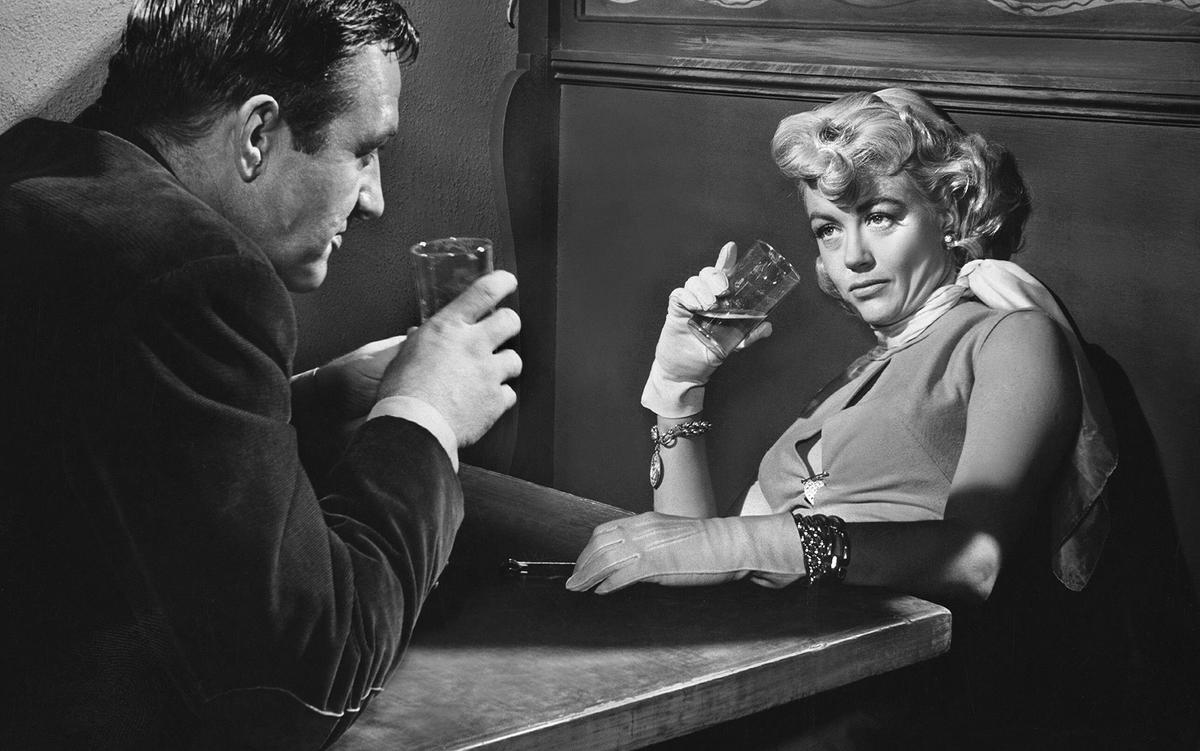
The fear of being duped is ubiquitous, but excessive scepticism makes it harder to trust one another and cooperate
:extract_focal()/https%3A%2F%2Fimages.theconversation.com%2Ffiles%2F507343%2Foriginal%2Ffile-20230131-22-5v923v.jpg%3Fixlib%3Drb-1.1.0%26rect%3D0%252C0%252C7139%252C4767%26q%3D20%26auto%3Dformat%26w%3D320%26fit%3Dclip%26dpr%3D2%26usm%3D12%26cs%3Dstrip)
Joy is very different from our other emotions.

Work and family life are no longer so busy and life can suddenly seem empty. Here are some good ways to stay connected
How long does it take before you change the station or hit “skip” if you don’t like a song? Seconds — according to researchers at New York University.
Former General Electric CEO Jack Welch once nearly died of a heart attack.

Sometimes, we feel things that we can’t put into words. We can certainly describe things through paragraphs, but finding the exact word to describe our emotions can be limited. It turns out that aside from the common words we used to talk about how we feel, there are other phrases and nouns in English that can describe more complicated human emotions.

Much of what you’ve read on this blog has been written in pajama pants. Writing directly follows meditation in my morning routine, so I’ve often gone right from the cushion to the coffeepot to the desk. Occasionally life would remind me that there are practical reasons to put on socially acceptable pants before beginning the workday. Someone could knock on

Our research shows that coulrophobia, or fear of clowns, is mainly triggered by being unable to understand their facial expressions.

Feelings of loneliness prompt changes in the brain that further isolate people from social contact.

Disgust is surprisingly common across nature.

Happiness can sometimes feel just out of reach. But having more fun? You've got this — and those giggles and playful moments can make a big difference to your health and well-being.

Listening to some songs can cause a powerful physiological response known as "frisson." What is it, and why does it happen?

All fears can be divided into four broad categories which psychologists refer to as the four horsemen of fear: bodily, interpersonal, cognitive and behavioral fears. And each of the four horsemen of fear can be addressed by applying simple strategies.

Positive and negative emotions respond differently to ‘affect labelling’ – the act of giving a name to your feelings

Some cats do it, but others can’t—and researchers still don’t fully understand why.

Do you feel perpetually bad, broken or unlovable? These tools will help you relate to yourself in a fairer, gentler way

A secure attachment style can help people initiate and maintain friendships.

Research shows that people don’t burn out in the exact same way or for the exact same reasons. Because of this, it’s important to identify the type of burnout that you may be facing. You may even be dealing with a mix of one or two of these types at the same time. In this article, the author describes three types of burnout — overload, under-challenged, and neglect — and provides readers with signs to watch out for, and tips on how to overcome each type.
:extract_focal()/https%3A%2F%2Fpocket-syndicated-images.s3.amazonaws.com%2Farticles%2F8050%2F1657925422_GettyImages-1330019780.jpg)
People who feel shame readily are at risk for depression and anxiety disorders
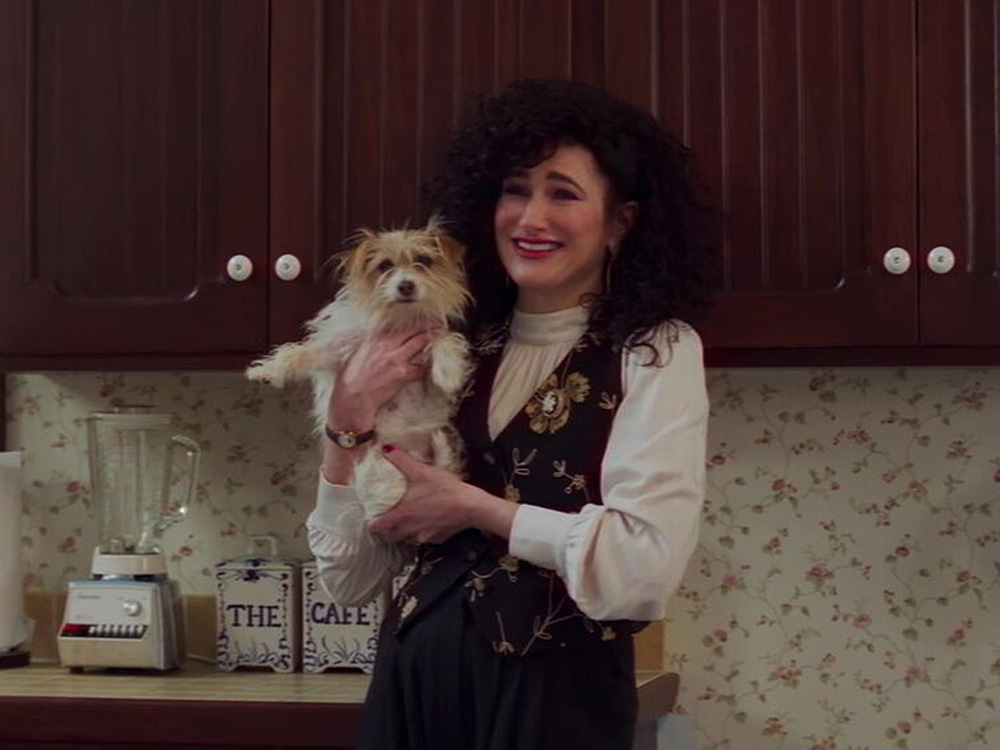
Save yourself the heartache and check this awesomely to-the-point site before pressing play.

Today’s hustle culture claims “unearned” pleasure is shameful. But there are ways to resist this cultural response.
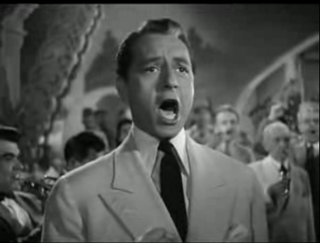
Casablanca is widely remembered as one of the greatest films of all time, coming in at #2 on the AFI’s top 100 list and similarly regarded by many other critics. You can quibble with its exac…

Have you ever gotten into a heated argument about politics? Maybe you’ve said something you're not proud of during game night with friends, or booed the opposing team at a sporting event. Psychologist Mina Cikara studies what happens in these moments — when our mindset shifts from “you and me” to “us and them.” This week on the show, Mina shares the profound ways that becoming a part of a group shapes our thoughts, feelings and behaviors.
:extract_focal()/https%3A%2F%2Fpocket-syndicated-images.s3.amazonaws.com%2Farticles%2F1817%2F1619220686_GettyImages-958204932.jpg)
Here’s why hiring managers say they often value emotional intelligence more highly than IQ.

Most of us are subjected to insults, sarcastic comments or bad feedback in our everyday lives. But we weren't built to deal with torrents of criticism.

In the 1950s, most products were built to last. Companies knew that manufacturing long-lasting products would spread word-of-mouth referrals, which meant

You should never underestimate the power of making people happy. Here are four tips from Techstars' Eamonn Carey to help you build products people love.

From a young age we are primed to choose a favourite colour, but strangely as we grow up our preference often changes – and it's largely due to influences outside our control.

Fuel success by linking a company’s strategic goals to the reasons people are proud to work there.

How does hating someone compare with anger, contempt or disgust? A clearer picture of what makes it unique is emerging

Stop wielding your values as a weapon and start offering them as a gift.

Regret is often seen as undesirable, but it’s a crucial emotion in helping us develop. How do we harness its powerful lessons?
:extract_focal()/https%3A%2F%2Fpocket-syndicated-images.s3.amazonaws.com%2Farticles%2F7399%2F1640135569_61c27b582ea87.png)
I analyzed thousands of searches by people who were diagnosed with cancer. Their queries offer valuable lessons that could improve the way doctors treat patients.

Ditch the tough talk, it won’t help. Instead cultivate your mental flexibility so you can handle whatever comes your way
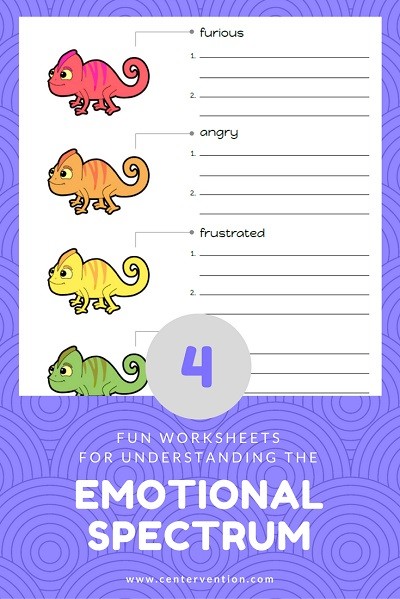
The list of emotions a child understands may be limited to happy, mad, sad, and scared, but as we grow, we develop a nuanced vocabulary to explain how we feel.

For psychologists who study it, disgust is one of the primal emotions that define — and explain — humanity.
:extract_focal()/https%3A%2F%2Fpocket-syndicated-images.s3.amazonaws.com%2Farticles%2F7296%2F1636604397_GettyImages-925084496.jpg)
You don’t get where you want to be without practice. Here’s how and what to practice.
:extract_focal()/https%3A%2F%2Fpocket-syndicated-images.s3.amazonaws.com%2Farticles%2F7184%2F1634082708_61661ee04c8a0.jpg)
There’s growing evidence that signals sent from our internal organs to the brain play a major role in regulating emotions and fending off anxiety and depression.

Regardless of where you are in the pathway of understanding how the human psyche works, this list of must-read psychology books will upgrade your personal library.

The animation studio’s artists are masters at tweaking light and color to trigger deep emotional responses. Coming soon: effects you’ll only see inside your head.
:extract_focal()/https%3A%2F%2Fpocket-syndicated-images.s3.amazonaws.com%2Farticles%2F5992%2F1611598543_GettyImages-103462741.jpg)
Fans of this violent music report feelings of transcendence and positive emotions; psychologists want to learn why.
[vc_row type=”full_width_background” full_screen_row_position=”middle” column_margin=”default” column_direction=”default” column_direction_tablet=”default” column_direction_phone=”default” scene_position=”center” top_padding=”48″ text_color=”dark” text_align=”left” row_border_radius=”none” row_border_radius_applies=”bg” overflow=”visible” overlay_strength=”0.3″ gradient_direction=”left_to_right” shape_divider_position=”bottom” bg_image_animation=”none”][vc_column column_padding=”no-extra-padding” column_padding_tablet=”inherit” column_padding_phone=”inherit” column_padding_position=”all” column_element_direction_desktop=”default” column_element_spacing=”default” desktop_text_alignment=”default” tablet_text_alignment=”default” phone_text_alignment=”default” background_color_opacity=”1″ background_hover_color_opacity=”1″ column_backdrop_filter=”none” column_shadow=”none” column_border_radius=”none” column_link_target=”_self” column_position=”default” gradient_direction=”left_to_right” overlay_strength=”0.3″ width=”1/1″ tablet_width_inherit=”default” animation_type=”default” bg_image_animation=”none” border_type=”simple” column_border_width=”none” column_border_style=”solid”][vc_column_text] Interpersonal Reactivity...

Think about your life like an x-y axis, with four quadrants.
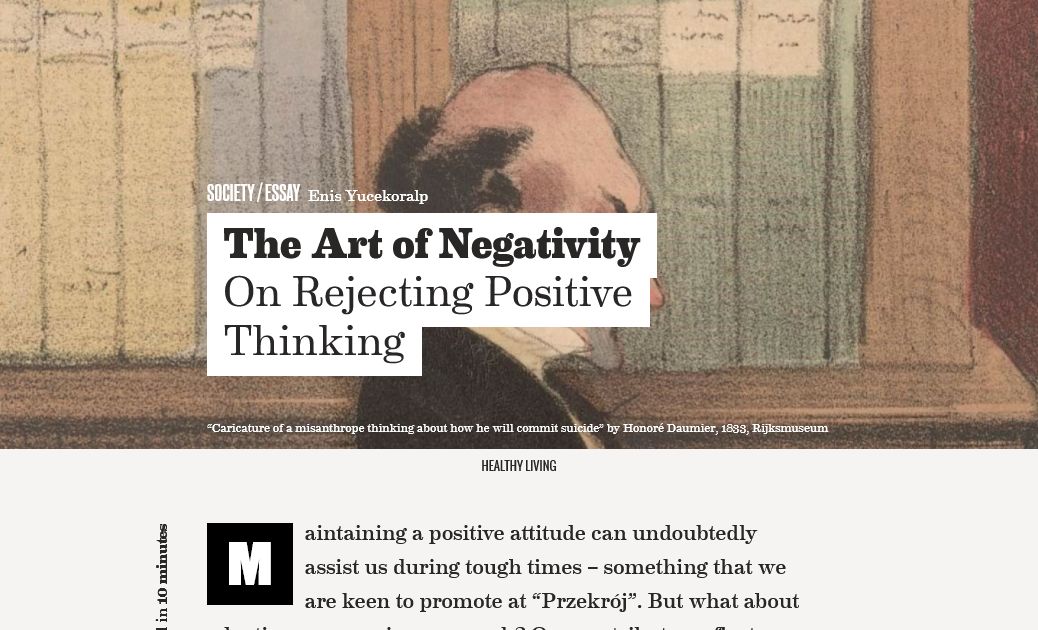
The concept of ‘positive thinking’ is ubiquitous throughout society – from socia… media to home décor. What then, of adopting an approach grounded in negativity?

Anger is a fuel that’s dangerous when out of control. But managed well, it can energise you to identify and confront problems

Emotion classification, the means by which one may distinguish or contrast one emotion from another, is a contested issue in emotion research and in affective science. Researchers have approached the classification of emotions from one of two fundamental viewpoints:that emotions are discrete and fundamentally different constructs that emotions can be characterized on a dimensional basis in groupings

When we are feeling something, we don't really stop to define that emotion or think about the exact emotion that we are experiencing. We just feel and go through it; may it be sadness, anger or happiness. As human beings, we experience a plethora of feelings and emotions in our lifetime that range over several forms and types. This article is an attempt to list down an extensive list of those emotions.

Could you make a list of all the emotions you feel in a day? Emotions play a fascinating
:extract_focal()/https%3A%2F%2Fs3.amazonaws.com%2Fpocket-syndicated-images%2Farticles%2F124%2F1566573710_xscscx.jpg)
How well do you recognize and understand your emotions? What about the emotions of those around you?
:extract_focal()/https%3A%2F%2Fs3.amazonaws.com%2Fpocket-syndicated-images%2Farticles%2F2201%2F1573829164_porpjp.jpg)
Not only is ‘Je suis excité’ not the appropriate way to convey excitement in French, but there seems to be no real way to express it at all.
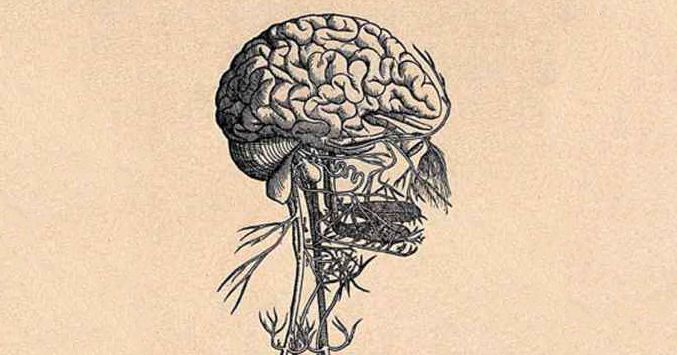
“Stimulating” it leads to calmness, but how and why?

One emotion inspired our greatest achievements in science, art and religion. We can manipulate it – but why do we have it?
Dr. Daniel Kahneman features on the latest Farnam Street podcast and it’s a surprising episode. Kahneman wrote Thinking Fast and Slow. I admire Kahneman a great deal. Not for his Nobel or for his work, which are both impressive, but for his humility. Some of the key tenets of Kahneman’s work in his famous book were disproved. And he owned up to it, both in print and on the podcast. That’s the hallmark of someone with great integrity, and it’s a sign to trust someone more.

Being ‘good’ need not take years of ethical analysis: just a few moments of gratitude can set you on the path to virtue

Immanuel Kant held that moral education is hydraulic: shame squashes down our vices, making space for virtue to rise up

What happens when machines learn to manipulate us by faking our emotions? Judging by the rate at which researchers are developing human-like AI agents, we’re about to find out. Researchers around the world are trying to create more human-li

Is Rick Deckard a replicant, an advanced bioengineered being? The jury concerning the character in 1982’s Blade Runner is still out. Harrison Ford, who plays Deckard in the film, thinks he’s human. Ridley Scott, the film’s director, is adamant that he’s not.* Hampton Fancher, the screenwriter for the original film and the sequel, Blade Runner […]

The mysteries of consumer behavior, explained by ice cream and independent bookstores.
What makes people happy? A huge database is making it possible to discern the answer at last.
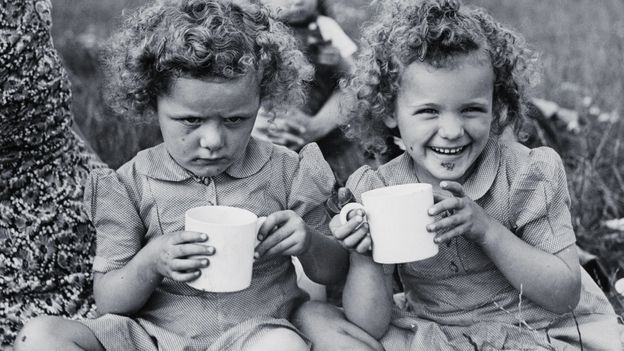
Brain injury does not always result in an undesirable personality change, finds Christian Jarrett.

Anger is temporary madness: to avoid the triggers, follow the Stoics’ advice and achieve a kind of serenity